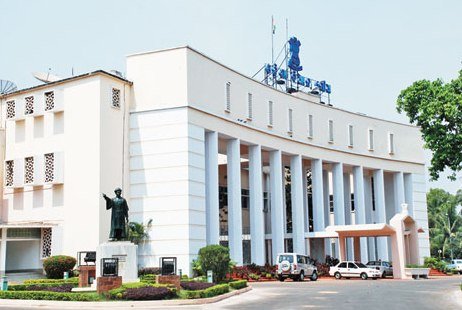Bhubaneswar: A training programme for Assembly Secretariat staffers began Friday in order to make the House works paperless.
Trainers from Odisha Computer Application Centre (OCAC) and National Informatics Centre (NIC) are imparting training to the Assembly staffers in ranks of assistant section officer (ASO), section officer, desk officer, under secretary, deputy secretary and joint secretary about online file management. The employees in all branches of the office will work on computers.
“Training to make the state Assembly works paperless started today. The training will be conducted in a phased manner. Today, the training is being provided to officials at administrative, general administration and accounts branches,” said Assembly Speaker SN Patro.
Experts are providing training on how printed files will be replaced with online files and how they would be moved from one desk to the other, he said.
Earlier, a week-long training programme was held and the final stage of training started today, Patro added.
After the staffers are trained, all MLAs will be imparted training about rolling out of ‘National e-Vidhan Application’ (NeVA) in April 2021. The members will be trained on how to submit questions and submissions online and how to get the answers, he said.
The legislators have been provided with iPads to get starred and unstarred question answers through NeVA—odisha.neva.gov.in.
“NeVA was partly rolled out in the state Assembly and very soon all works will be done through it,” the Speaker said.
Now, one can download the NeVA app in mobile phone and know about the daily proceedings of the House, he added.
NeVA will completely eliminate the process of sending out a notice/request for collection of data. Through the cloud technology (Meghraj), data deployed can be accessed anywhere at any time. Further, live webcasting of House proceedings is also available on this application.
While the Centre is providing 60 per cent of the fund, the state government is bearing 40 per cent for the implementation of the project.
